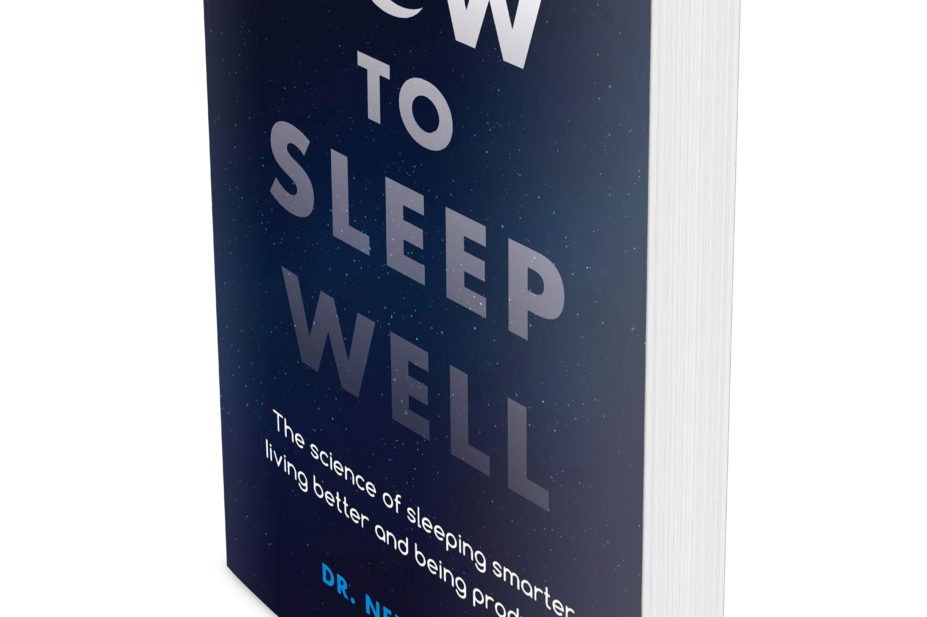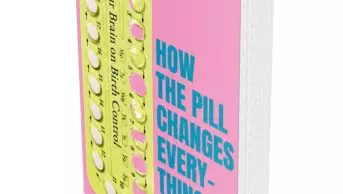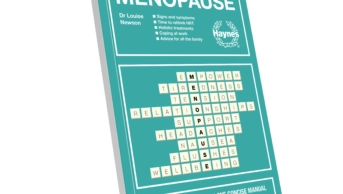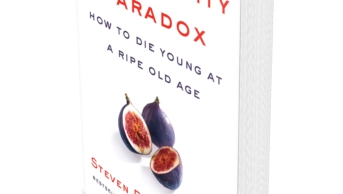
The need to get ‘at least eight hours a night’ has become ingrained into our collective psyche and I breathe a sigh of relief each time my tracker tells me that I have averaged at least eight hours’ sleep over the past week. However, as explored in this new and forthright book How to sleep well by sleep expert Neil Stanley, it seems that the need for eight hours a night is something of a myth.
As Stanley explains, exactly how much sleep we need is largely genetically determined and that if we feel awake, alert and refreshed during the following day then we have had sufficient sleep. It is also true that being an ‘owl’ or ‘lark’ is also largely programmed by our genes and is impossible to change. The best we can do (if work commitments require us to change our sleep habits) is learn to cope with, and minimise the impact of, being out of sync with our body clocks.
Stanley begins by debunking the attention-grabbing headlines that herald a ‘catastrophic sleep-loss epidemic’. He explains how these are factually incorrect and that average sleep times have not declined over the past 50 years. Furthermore, while there is some evidence that sleeping less than six hours per night is associated with an increased risk of death, mortality is actually increased to a larger extent for those sleeping more than eight hours per night. Stanley also examines how poverty, unemployment and ethnicity can affect sleep, and the difficulties one encounters in trying to disentangle social and biological risk factors.
Later chapters describe the sleep process. His views on power naps and siestas, which fortunately do not appear to affect our ability to sleep at night, are interesting. His suggestion for the ideal power nap involves having an energy drink (which provides a boost of caffeine) just before the nap — the rationale being that caffeine will start to work after 30 minutes, so you can get a quick nap and still feel more alert when you wake up.
Other chapters cover the link between poor sleep and health problems (although it seems Stanley is largely unimpressed with the data); why we are not currently sleeping well (think 24-hour culture); sleep disorders; getting the kids to sleep; dealing with shift work; how to sleep in hotels; and 36 things you do not need to do to sleep better. Chapter six shares its title with the book, and perhaps would have made a more fitting final chapter, consolidating all the information from earlier chapters.
The book ends, somewhat bizarrely, with two appendices. The first on how to get away with murder (sleepwalking crimes, for example), and the second on ‘303 more things you don’t need to do to get to sleep’. This latter appendix is a list of tips (and an extension of an earlier chapter) which have appeared in print or on the internet over the years. It’s a rather interminable and unstructured list, which would have benefited from having some form of indexing or use of subheadings to make it easier and more interesting to read.
This book would also have benefited from a list of references at the end to follow up on some of the research quoted. But overall, this is a highly readable, no-nonsense book that challenges many of our long-held beliefs about sleep. Pharmacists will find lots of useful tips and information to offer patients who struggle to sleep well — and may even find them helpful themselves.
Rod Tucker
References
How to sleep well: The science of sleeping smarter, living better and being productive. By Neil Stanley. Pp 214. £10.99. Casptone, John Wiley & Sons Ltd, Chichester; 2018. ISBN 978-0-857-08768-3


